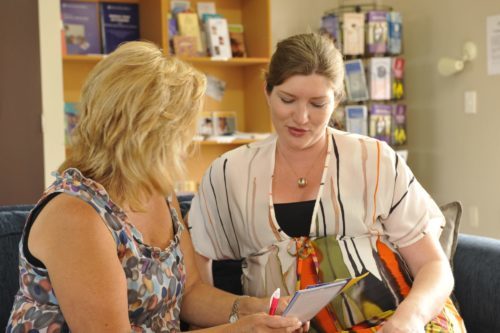The College has developed statements to explain the underlying philosophy of the profession in Aotearoa New Zealand. These statements are written for midwives, women and the general public to identify the values and beliefs that the profession holds.
The Philosophy and Code of Ethics are statements from which the midwifery profession develops its Standards of Practice and identifies ways in which College members can understand the nature of responsible practice. Ethical statements and Standards of Practice are therefore interwoven and complementary.
The statements incorporate a social as well as an individual ethic, in the belief that midwifery reflects the social context in which it exists. This includes the influence of institutional and environmental policies and practices on the welfare of women.
The College is committed to maintaining high professional standards. It expects its members to act responsibly and with integrity as well as developing and maintaining appropriate levels of competence.
